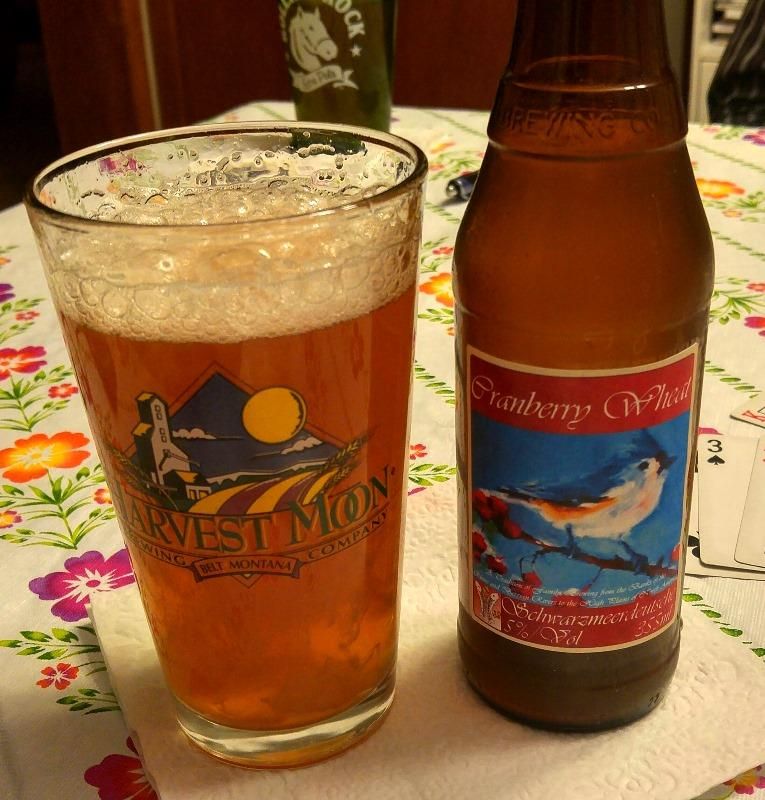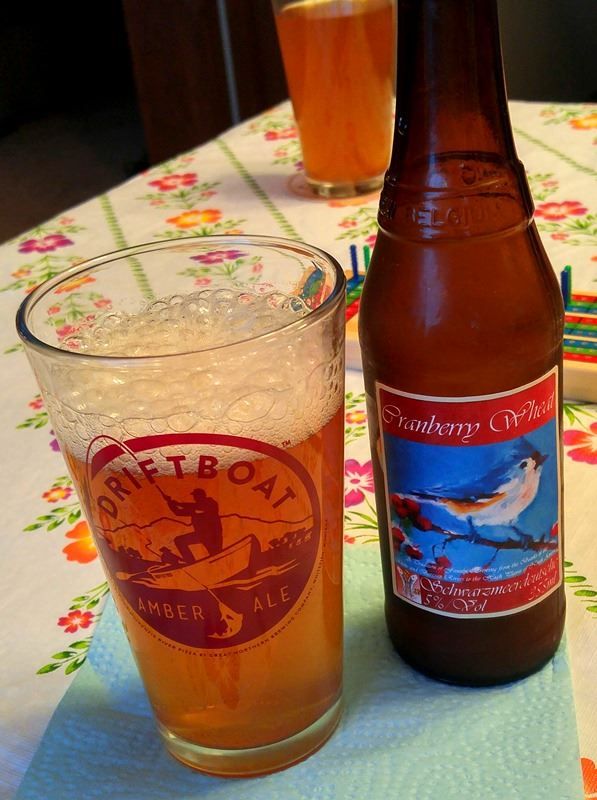southsidebrewingco
Well-Known Member
- Joined
- Dec 12, 2013
- Messages
- 78
- Reaction score
- 7
Hello all,
I need a little help, here's my thoughts. I want to brew an extract of what i would consider to basically be a Dunkelweizen. 3.3 lb LME Munich Wheat, 3.3 lb LME Wheat, 1oz Tettnang pellet hops. 60 minute boil (2.5 gallons). I DO NOT want to impart any clove or banana flavors because I have Blackberry puree I want to add at flame out to attempt what I would call Blackberry Dunkel. My question is what dry yeast would be best. I guess my two choices I thought of would either be us-04 or Nottingham. Anybody have any thoughts??
I need a little help, here's my thoughts. I want to brew an extract of what i would consider to basically be a Dunkelweizen. 3.3 lb LME Munich Wheat, 3.3 lb LME Wheat, 1oz Tettnang pellet hops. 60 minute boil (2.5 gallons). I DO NOT want to impart any clove or banana flavors because I have Blackberry puree I want to add at flame out to attempt what I would call Blackberry Dunkel. My question is what dry yeast would be best. I guess my two choices I thought of would either be us-04 or Nottingham. Anybody have any thoughts??




